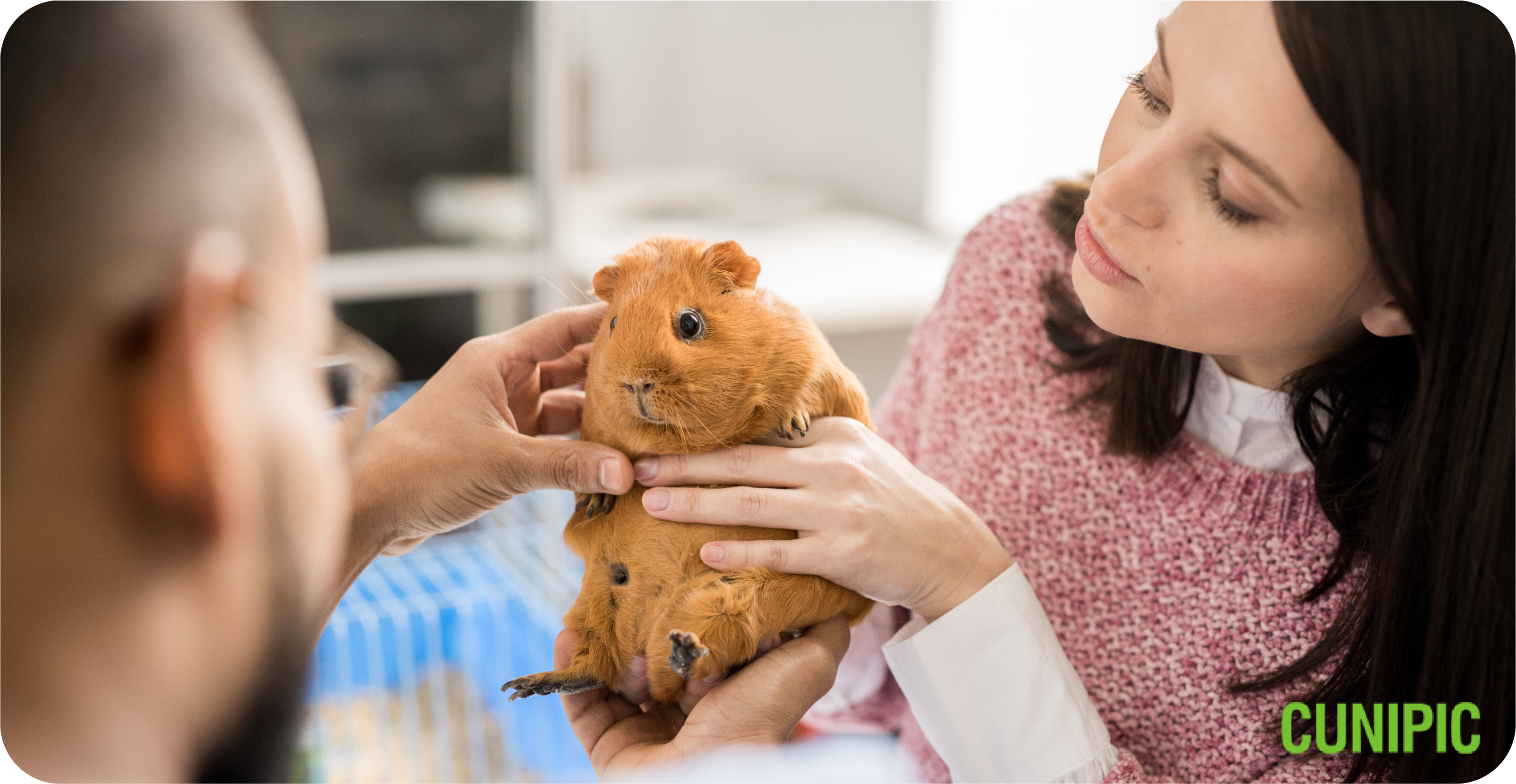All the guinea pigs They are very small animals, which means that if we do not treat the diseases of our guinea pigs as quickly as possible, we are going to find ourselves with a serious problem.
One of the problems that we can have, and also one of the most frequent, is the lack of vitamin C. Guinea pigs cannot synthesize this vitamin, which means that we must supply it through vegetables (red and green pepper) or supplements ( Redoxon drops), because if you lack it, your defenses will drop and you will be more prone to colds, have problems with your teeth and even have scurvy.
More common diseases
Here we discuss some of the most common diseases and for which you should know how are the guinea pigs and their care.
Scurvy
It is caused by a lack of vitamin C. This disease is characterized by lack of appetite, bleeding gums, swelling, and immobility. In this case, we will have to take our guinea pig to the vet as soon as possible.
scabies
This disease is usually transmitted by contact with sick animals. It is caused by mites. The first symptom is itching, which increases at night. Then scabs appear, hair loss, dandruff, etc. The itching causes a lot of stress to our guinea pig, so we will have to take it to the vet to recommend a treatment.
It must be taken into account that this disease can be transmitted to humans.
Mushrooms
They usually appear when our guinea pig is deprived of foods rich in fiber, for a long period of time. The first visible symptom is hair loss on the animal's head, usually in an oval or circular shape. We will have to go to the vet to prescribe a treatment and rule out the possibility of ringworm.
Diarrhea
Basically, diarrhea is not a disease, but a disorder. It can be caused by an excess of vitamin C, an excess of green foods, or a change in diet. We must act quickly, since our guinea pig could become dehydrated. It will be enough to leave our guinea pig feeding only with hay, and return to the usual feeding routine after adjusting.
cold and pneumonia
It can occur for two reasons: that our guinea pig has caught cold, or that it has been caused by a virus or bacteria. Generally, it affects the respiratory tract, lungs and bronchi. Our guinea pig will cough and have runny nose. We'll have to give her vitamin C. If she doesn't improve, we'll take her to the vet.
The constipation
It may be that our guinea pig has very hard droppings. This may be the result of a diet that is too dry, due to a lack of fresh food. We will give our guinea pig foods that are very rich in water, such as lettuce.
…and the most common question we receive
None of the guinea pig diseases can be transmitted to humans, with the exception of mange and in exceptional cases fungi. In any case and when in doubt, it is best to take our guinea pig to the vet and ask us in this article.





